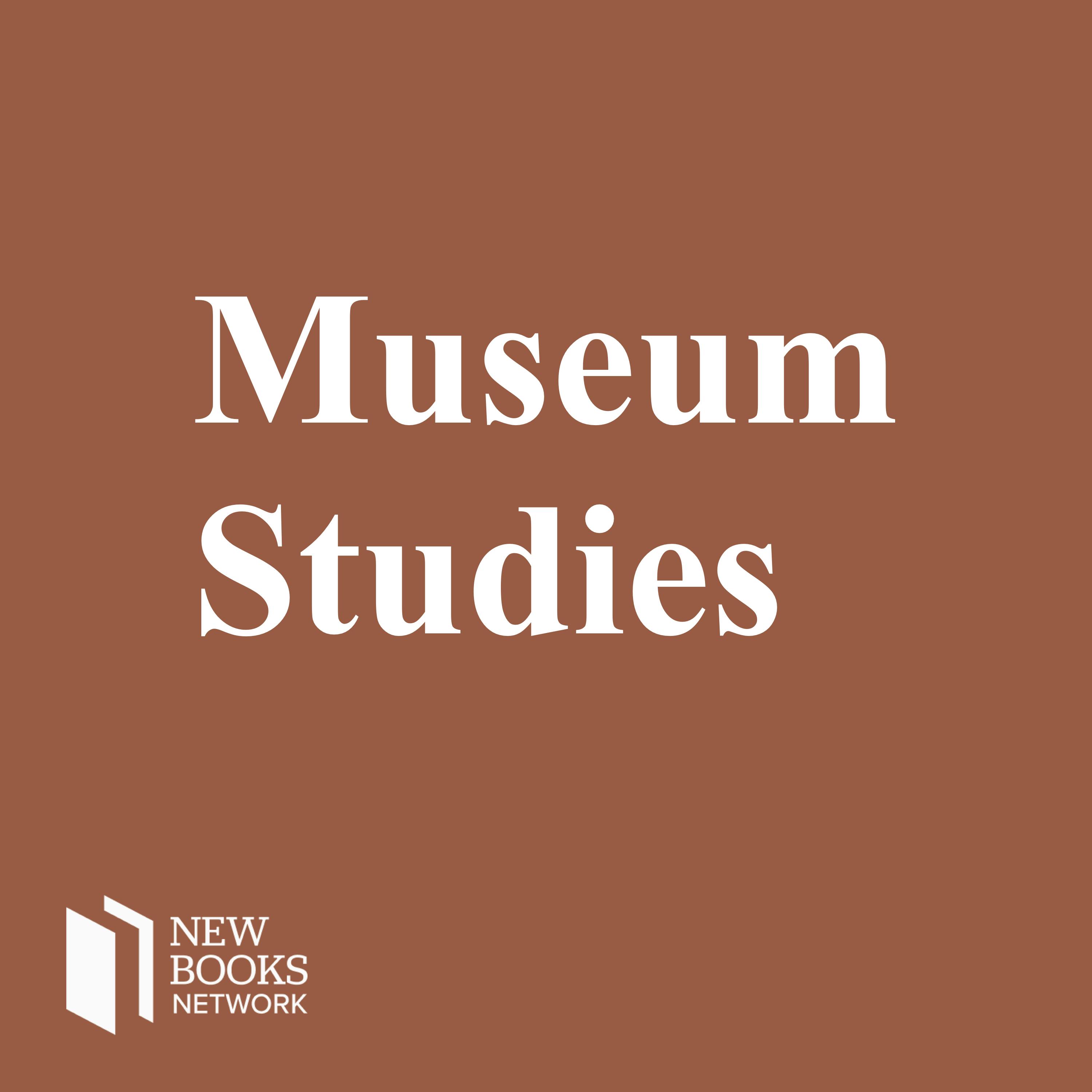Ariella Aisha Azoulay, "Potential History: Unlearning Imperialism" (Verso, 2019)
Description
Ariella Aisha Azoulay argues that the institutions that make our world, from archives and museums to ideas of sovereignty and human rights to history itself, are all dependent on imperial modes of thinking. Imperialism has segmented populations into differentially governed groups, continually emphasized the possibility of progress while trying to destroy what came before, and voraciously sought out the new by sealing the past away in dusty archival boxes and the glass vitrines of museums. By practicing what she calls potential history, Azoulay argues that we can still refuse the imperial violence that shattered communities, lives, and worlds, from native peoples in the Americas to the Congo ruled by Belgium s brutal King Léopold II, from dispossessed Palestinians in 1948 to displaced refugees in our own day.
In Potential History: Unlearning Imperialism (Verso, 2019), Azoulay travels alongside historical companions - an old Palestinian man who refused to leave his village in 1948, an anonymous woman in war-ravaged Berlin, looted objects and documents torn from their worlds and now housed in archives and museums - to chart the ways imperialism has sought to order time, space, and politics. Rather than looking for a new future, Azoulay calls upon us to rewind history and unlearn our imperial rights, to continue to refuse imperial violence by making present what was invented as 'past' and making the repair of torn worlds the substance of politics.
Ariella Aisha Azoulay is a professor of Modern Culture and Media and the Department of Comparative Literature at Brown University
Yorgos Giannakopoulos is an Academy of Athens postdoctoral research fellow at King’s Collage London
Learn more about your ad choices. Visit megaphone.fm/adchoices
More Episodes
Published 11/16/24
Published 10/12/24
Eunsong Kim, "The Politics of Collecting: Race and the Aestheticization of Property" (Duke UP, 2024)
In The Politics of Collecting: Race and the Aestheticization of Property (Duke University Press, 2024), Eunsong Kim traces how racial capitalism and colonialism situated the rise of US museum collections and conceptual art forms. Investigating historical legal and property claims, she argues that...
Published 10/12/24


